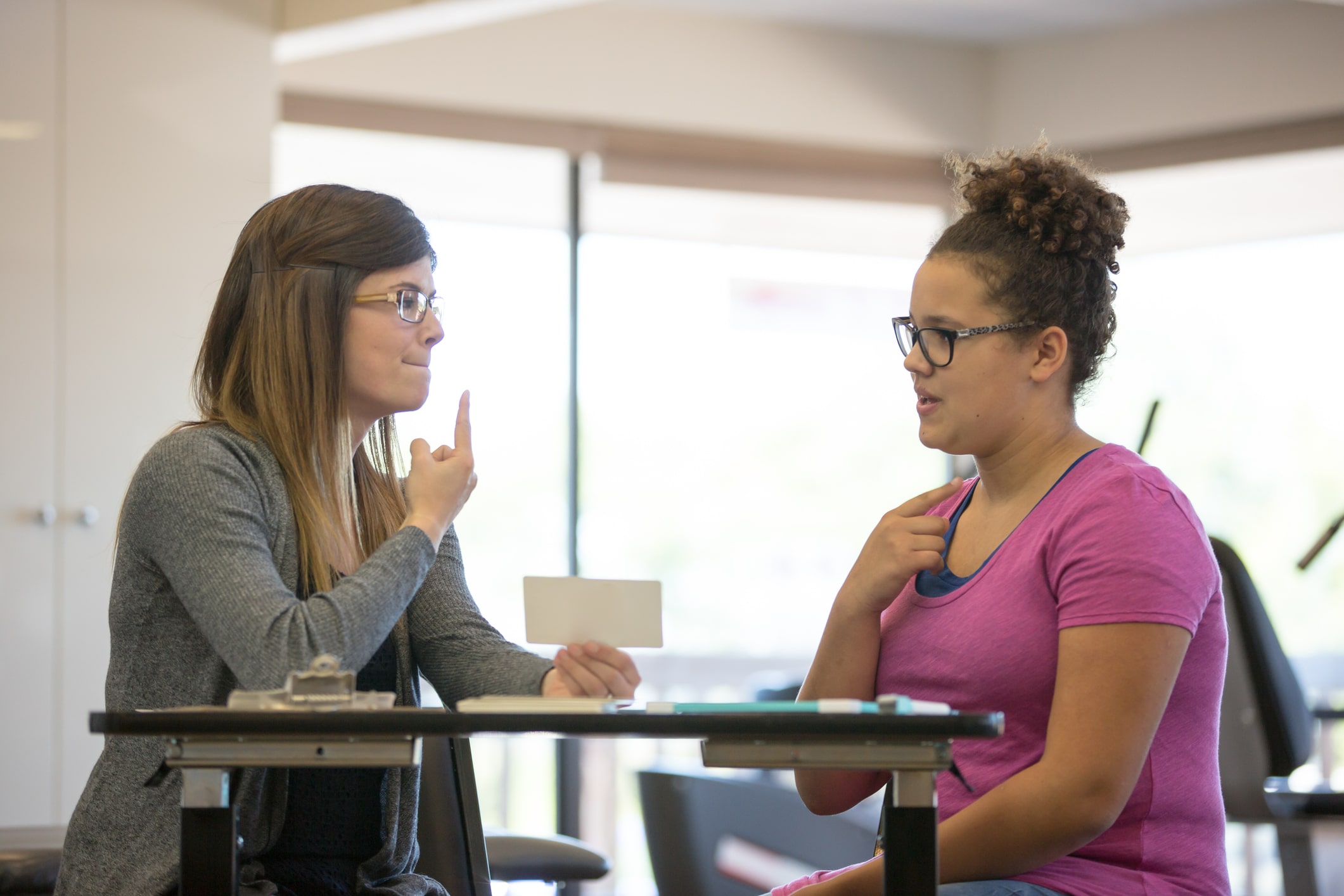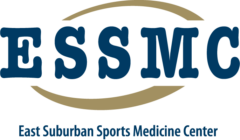Speech Therapy
Speech Therapists for Adult & Pediatric in Pittsburgh, PA
Communication is an integral part of daily life. Successful communication is dependent on a range of functions, from memory and language to voice and articulation. Speech-Language Pathologists (or SLPs) specialize in the evaluation and treatment of all aspects of communication and swallowing. A change impacting any of these functions can drastically impact how we understand others and express ourselves. If you or a loved one have experienced changes in any of the following areas, Speech-Language therapy can work to restore and improve skills for functional communication and quality of life:
- Speech production: the way that our mouth works to create and combine sounds. In children, speech sound disorders may be phonological or articulation problems. In adults, disorders such as apraxia or dysarthria can impact the clarity of speech.
- Language: how we understand others and express our ideas. Language is the way we use vocabulary and grammar to connect words and communicate.
- Hearing: hearing loss should be evaluated by an audiologist. SLPs can help children and adults use hearing technology to interpret new sound signals.
- Cognition: the functions that allow our brains to work. Memory, attention, problem solving, organization, thought flexibility, and planning are all examples of cognitive functions.
- Literacy: the written component of language. Individuals with language disorders may often difficulties with reading and writing as well.
- Social Communication: involves a variety of skills, such as interpreting non-verbal cues, maintaining a topic of conversation, and take turns when we are speaking.
- Voice: our voice comes from vocal cords (also called “folds”) in our throat. The vocal folds can be impacted by structural (such as vocal nodules), behavioral, or neurological changes (such as spasmodic dysphonia), which can alter our loudness, pitch, or quality.
- Fluency: how smoothly speech connects together. When someone has a disruption in fluency, they may experience stuttering. Stuttering can be present in children or occur in adults following a neurologic event.
- Swallowing: our mouths, throat, and esophagus work together for us to safely take in food for digestion. Any change to the strength, coordination, or speed of structures involved in swallowing can cause dysphagia, or a swallowing disorder.
East Suburban Sports Medicine Center (ESSMC) now offers comprehensive adult and pediatric outpatient speech therapy services. To receive your evaluation and begin discussing your care needs, please call us at (412) 856-8060 or submit an online appointment request form.

Frequently Asked Questions
What Is Speech Therapy?
Speech-Language therapy is the assessment and treatment of speech, language, voice, cognition, and swallowing disorders. Our SLPs work one-on-one with patients to establish and target goals that will have a functional impact on daily communication.
What Kinds of Disorders Can Impact Communication?
- The following is a non-exhaustive list of disorders that can impact thinking, communication, and/or swallowing.Developmental Disorders:
- Autism Spectrum Disorder
- Down Syndrome
- Articulation/Phonological disorders
Voice Disorders:
- Vocal cord dysfunction
- Vocal nodules, polyps
- Spasmodic dysphonia
- Laryngectomy
Neurologic Disorders:
- Parkinson’s Disease
- Amyotrophic Lateral Sclerosis (ALS)
- Dementia/Alzheimer’s
- Traumatic Brain Injury, including concussion
- Multiple Sclerosis
- Stroke/CVA
What is LSVT LOUD Treatment?
Lee Silverman Voice Treatment is a high-effort, intensive, and evidence-based program for the treatment of speech and voice changes secondary to Parkinson’s Disease. LSVT LOUD therapy is available at select ESSMC locations.
Deaf & Hard of Hearing Services in Penn Hills
Our Penn Hill’s location SLP has specialized experience working with the Deaf and Hard of Hearing (DHH) population. As a graduate from Gallaudet University, Amanda is proficient in American Sign Language, has completed specialized coursework related to the development of visual and auditory language in DHH children, and has experience supporting bilingual-bimodal language development in DHH infants and children.
Call us at (412) 856-8060 or submit an online appointment request form to get in touch with us.
